
Read or listen offline
Amazon KindleRecommendation
What’s so good about finance and the financial sector? Plenty, according to noted economist Robert J. Shiller. Even though much of society is furious over the financial industry’s excesses and wrongdoings, Shiller’s voice rings out in a reasoned, yet passionate – though solitary – defense of the value finance brings to society. True, he says, rogues may crop up in the industry – but most of the sector boasts intelligent, honest, hardworking men and women who contribute to advancing society and the economy for the benefit of all, not just the wealthiest. While Shiller makes good points about the way finance usually contributes to society, his straightforward presentation tends to gloss over some egregious recent examples of corporate greed and mischief. Though he cites some examples of dubious behavior, he dubs investment bankers “keepers of the peace.” Well, maybe you wouldn’t go that far, but getAbstract suggests Shiller’s lucid exposition of financiers’ responsibilities to those who welcome a commonsense approach to the reforms needed to drive the global financial engine forward.
Summary
About the Author
Yale economics professor Robert J. Shiller wrote the bestseller Irrational Exuberance and is the co-author of Animal Spirits.












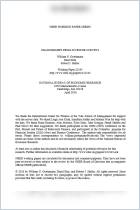
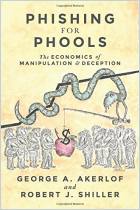
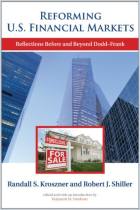

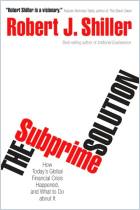


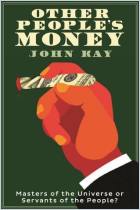
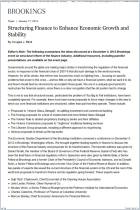
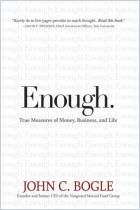
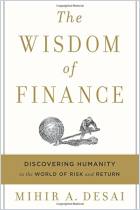

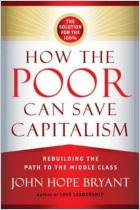






Comment on this summary or Diskussion beginnen